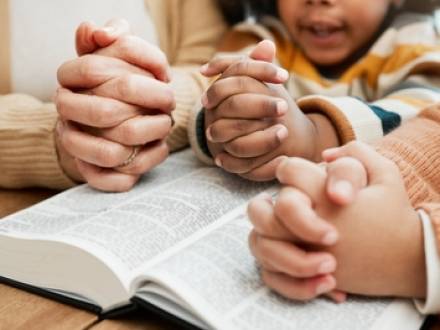Child Custody and Religion in Texas
 Child custody disputes are tough. When parents have different religious beliefs, custody issues get even tougher. Religion is personal, and disagreements about how a child should be raised can lead to serious conflict. In these cases, Texas courts balance parental rights with the guiding principle of protecting the best interests of the child.
Child custody disputes are tough. When parents have different religious beliefs, custody issues get even tougher. Religion is personal, and disagreements about how a child should be raised can lead to serious conflict. In these cases, Texas courts balance parental rights with the guiding principle of protecting the best interests of the child.
If you are divorcing a spouse with different religious beliefs, understanding how religion affects a custody case can help you prepare for custody negotiations. At Brandon Wong & Associates, our Bexar County child custody lawyers can discuss this sensitive topic and help you get ready to divorce.
How Does Religion Affect Child Custody in Texas?
In Texas, custody (legally referred to as "conservatorship") is determined by what serves the best interests of the child. Parents generally share the right to make decisions about education, healthcare, and religious upbringing. When disagreements come up, the court must weigh each parent’s rights against the needs of the child.
The court does not choose one religion over another. Instead, it looks at whether the parent’s religions have an impact on the child’s health, safety, or overall development. In some cases, judges may restrict a parent’s behavior if evidence shows that certain religious practices could harm the child.
Common Issues Involving Religion in Custody Cases
Parents may encounter several specific concerns when religion becomes part of a custody dispute. Some of the most common include:
Different Religious Beliefs
When parents follow different faiths, they commonly disagree over which religion the child will follow. One parent may want the child to go to Sunday School or religious education classes, while the other prefers a different set of practices or none at all.
Religious Practices Affecting a Child’s Well-Being
In certain cases, religious customs can affect a child’s health or safety. For example, if a parent refuses certain medical treatments because of religious beliefs, the other parent may argue that this endangers the child.
Schooling and Religious Education
Education is another area where religion and custody may intersect. One parent may want the child to attend a private religious school, while the other insists on a public education.
A Child’s Preferences
Depending on age and maturity, a child’s preferences may be considered. If a teenager wants to participate in or avoid certain religious activities, the court may take that into account.
First Amendment Considerations
Parents have constitutional rights under the First Amendment, including the right to practice religion and to raise their children within their chosen faith. However, these rights are not absolute. When religious practices conflict with a child’s best interests, courts must balance constitutional freedoms with the duty to protect the child.
Contact a San Antonio, TX Child Custody Attorney
When child custody disputes involve religion, the issues feel deeply personal. At Brandon Wong & Associates, we understand this and are focused on guiding you as you face these challenges. Our Bexar County child custody lawyers can help you get through these sensitive matters while keeping your child’s best interests in mind. Call us at 210-201-3832 today to schedule your initial consultation and learn how we can support you.




 210-201-3832
210-201-3832



